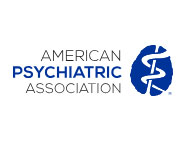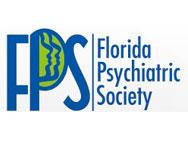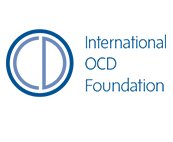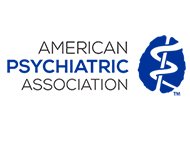Eating Disorders
Eating Disorders
Eating disorders are psychiatric disorders characterized by abnormal eating that have a negative effect on a patient’s medical, emotional and social well being. The disorders are usually caused by complex interactions between genetic, psychological, social, and biological factors and frequently coexist with other illnesses such as depression, anxiety, obsessive compulsive disorder, impulse control disorders and substance abuse. Females are particularly at risk with 90% of all eating disorders occurring in females, and many eating disorders begin to manifest during the teen years. Eating Disorders are a growing concern in the male population as well. Disorders such as bulimia nervosa, anorexia nervosa, avoidant/restrictive food intake disorder,binge eating disorder, and emotional overeating are medically treatable illnesses. The key is to identify the signs and symptoms early and seek professional treatment as the condition has risks to become chronic in nature.
Anorexia Nervosa
Anorexia Nervosa is characterized by a distorted body image, low self esteem, obsession with weight and thinness, fear of gaining weight, and food restriction. Many people suffering from anorexia see themselves as overweight despite clinically underweight. It occurs often in those who are seen as perfectionists and high achievers. Anorexia nervosa is particularly devastating as it can cause brain damage, multi-organ failure, infertility, anemia and in some cases death. Symptoms often include:
- Low body weight
- Severe food restriction
- Intense fear of gaining weight
- Obsession with weight and weighing oneself
- Food rituals (cutting food into tiny pieces, hiding food, refusal to eat in public)
- Lack of menstruation in women
- May include use of laxatives, emetics, and excessive exercise
- Muscle wasting, brittle hair and nails, dry skin
Bulimia
Bulimia is frequently associated with anorexia nervosa, although both can occur individually or in combination. It is characterized by frequent and repeated episodes of binge eating, or excess consumption of food, followed by a compensatory reaction to the overeating which may include forced vomiting, periods of fasting, excessive exercise, and/or use of laxatives or enemas. Bulimics are more likely to suffer from depression, general anxiety disorder, and impulse control disorders. Unlike anorexics, bulimics are usually at a normal weight or even overweight, which may mask the presence of the disorder. Symptoms include:
- Normal weight or overweight
- Fear of gaining weight
- Frequent use of the bathroom, which may include prolonged running of the faucet
- Bad breath
- Chronic gastric reflux
- Chronically inflamed sore throat
- Severe dental erosion
- Marks, scars, or calluses on hands and fingers from self induced vomiting
- Dehydration and electrolyte imbalance
- Dramatic weight fluctuations
Binge eating disorder and/or emotional overeating are characterized by repeated excessive intake of food. Many patients are challenged with using food as a coping tool with stress and benefit greatly from education, nutritional counseling and therapy.
How Can A Psychiatrist Help?
As medical doctors, psychiatrists are able to identify the physical symptoms of the disorders as well as identify any underlying depression, anxiety disorders, self esteem issues, obsessions, or compulsions. But, psychiatrists go beyond the practice of traditional primary care doctors, and also offer specific forms of psychotherapy used to treat the emotional and psychological aspects of the disorders, as well as being able to prescribe medication when medically necessary. In addition to counseling the patient, the psychiatrist may also be able to offer family therapy and assist with parenting strategies when necessary. Tools such as group therapy, coordination with medical specialists as well as family therapy are essential to aiding a patient with an eating disorder heal.
Dr.Kothari is amazing! She has been my doctor for years...
I have been a patient of Dr. Kothari for over three years. She has invested her heart...
Dr. Kothari has been seeing my sons for seven years. She is a wonderful resource...
Dr. Kothari is very caring. Appointments and waiting times are great...
When we started seeing Dr. Kothari, my son was dealing with a great...
Dr. Kothari has saved my life, this I can say without reservation...

 Patient Forms
Patient Forms Videos
Videos Location
Location



























